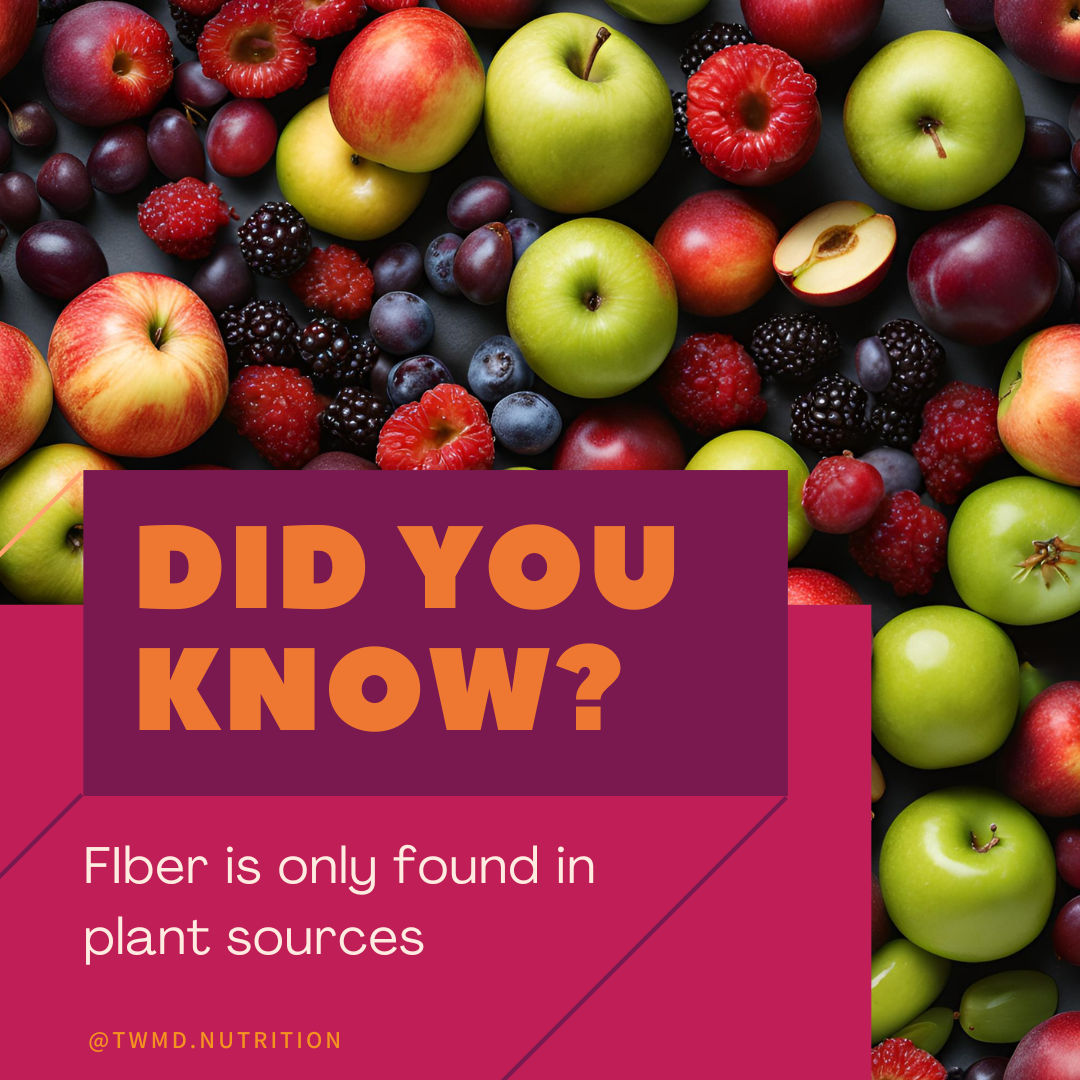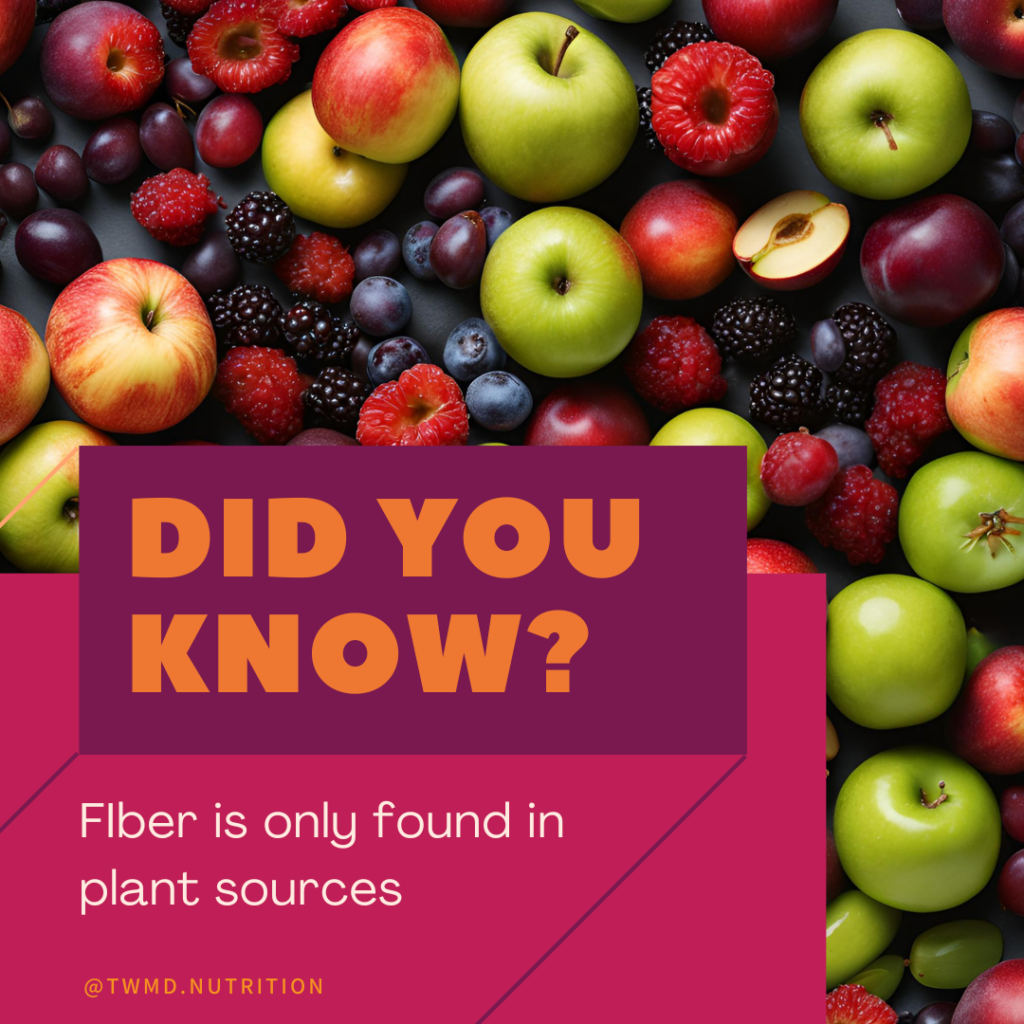
Slimming with Fiber: The Delicious Path to a Leaner You!
We know that both types of fiber: insoluble and soluble, help reduce inflammation which also supports weight loss. Eating more fiber-rich foods like fruits, vegetables, whole grains, and legumes can be a great way to manage your weight. Chronic inflammation, like what happens with insulin resistance, can mess with your body’s ability to absorb glucose, which could lead to more fat storage and changes in fat and cholesterol levels.

Maintaining a healthy weight helps reduce inflammation, as excess body fat can increase inflammatory responses. Both types of fiber play important roles in lowering these responses: soluble fiber slows digestion and helps you feel full, aiding in weight management. Insoluble fiber adds bulk to stool and supports a healthy digestive system by promoting regular bowel movements and detoxification, without adding extra calories. Since fiber provides the benefit of not adding extra calories, unlike low-fiber foods, you can eat more without increasing your calorie intake.
When you eat fiber, your body releases hormones like PYY and GLP-1 that signal fullness, helping to prevent overeating. Fiber-rich foods often require more chewing (like oatmeal), which slows down your eating and gives your body time to register that you’re full. As fiber moves through your digestive system, it can bind to some fats and sugars, which helps reduce the number of calories your body absorbs, thus making it beneficial for those with insulin resistance.
A lifestyle low in fiber is often low in alkaline foods like fruits and vegetables, which help neutralize acidity. Foods such as meat and processed items are high in sulfur and produce acids that increase body acidity.

Additionally, insufficient fiber intake reduces the production of beneficial short-chain fatty acids in the gut, impairing the body’s ability to manage acidity through bicarbonate. When the body becomes too acidic, a condition known as metabolic acidosis, it can lead to health issues, is associated with systemic inflammation, and reduces quality of life. Chronic inflammation can lead to metabolic changes in the body that can alter your quality of life. By lowering inflammation markers like CRP, IL-6, and TNF-α, fiber helps reduce the risks associated with heart disease, diabetes, obesity, and other health concerns.
Check out my recipe for a great low calorie and high fiber breakfast or snack!
Book a consultation today at Tucson Wellness MD to kick-start your fiber-powered wellness journey
Fiber’s not just good for your digestion, it’s the life of the wellness party, keeping you feeling great! Routine lab work can provide insights into your systemic inflammatory markers and set you on the path to a healthier you.